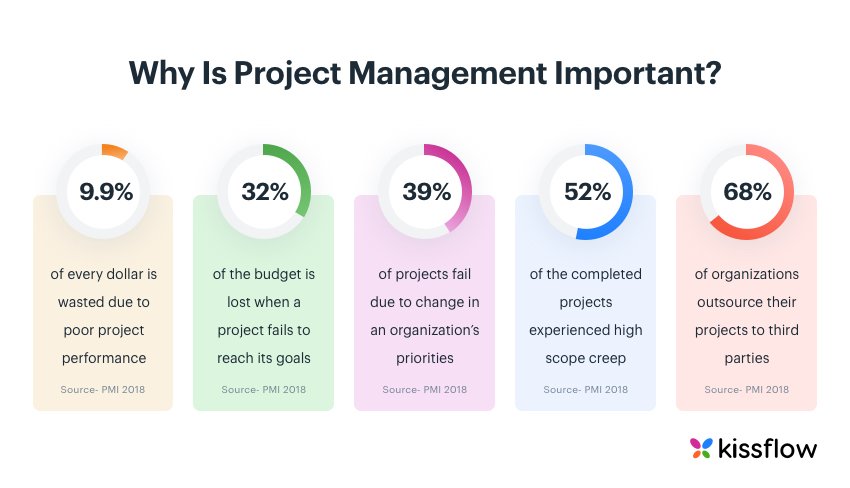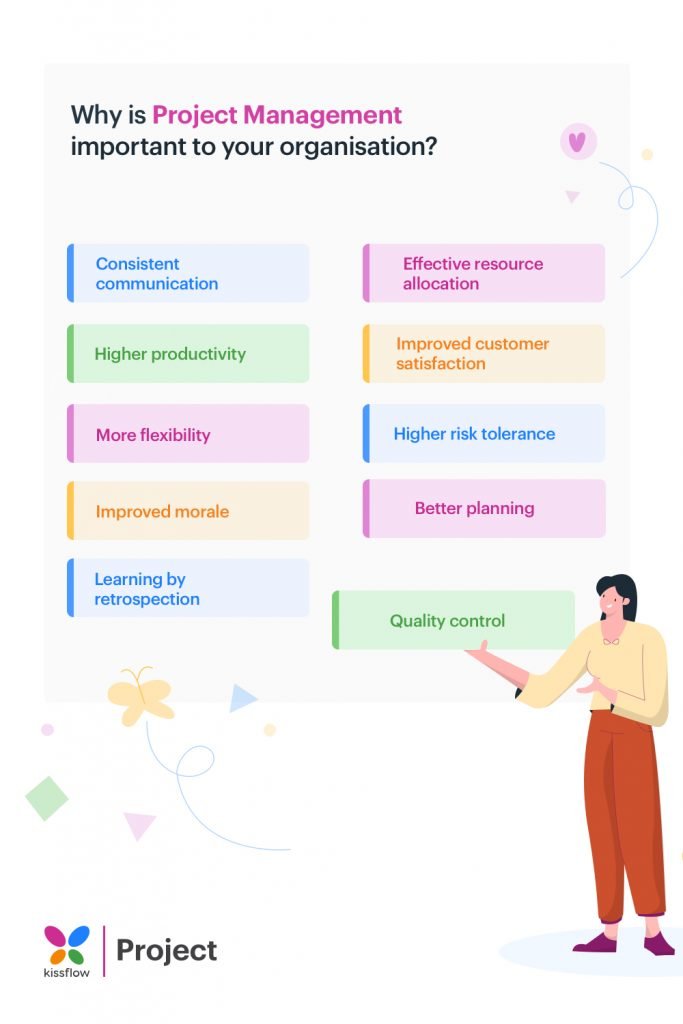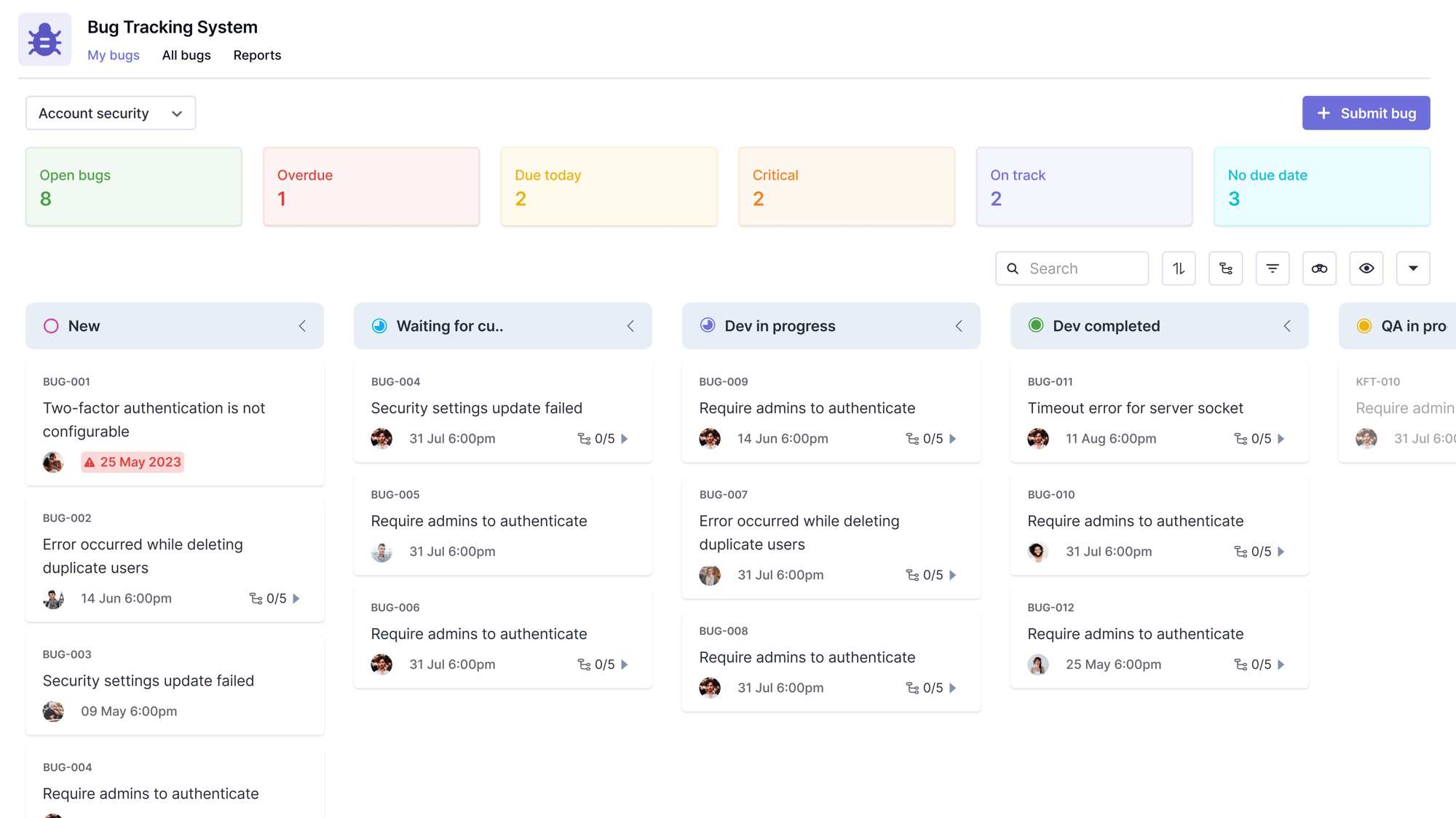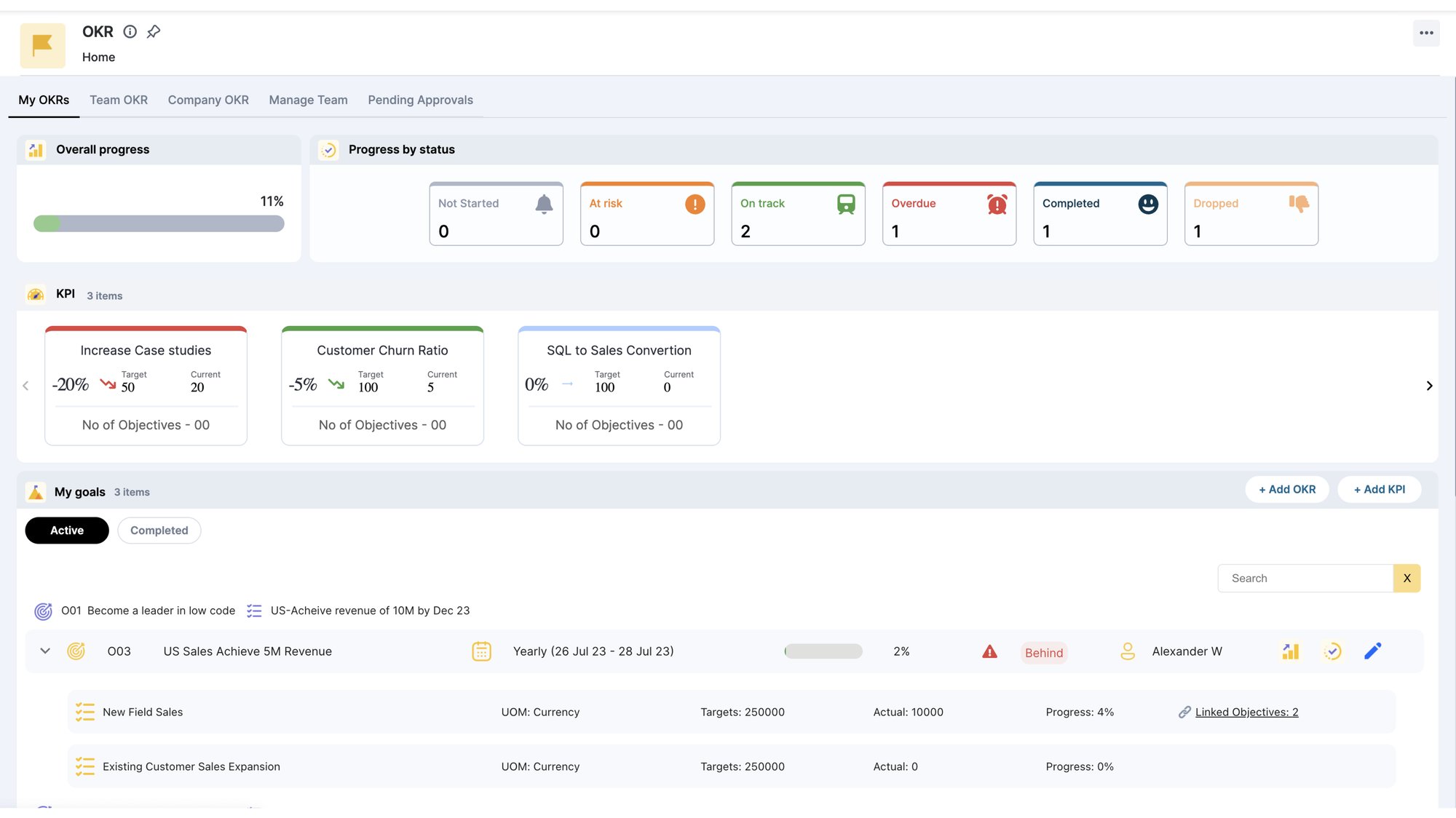What if all projects were handled on the fly? No plans, no organization, none of that. We just brief the team on what needs to be done and they jump straight in. Like baking a cake. You wouldn’t draw up an action plan to bake one, no?
Unfortunately, most projects are complex and multi-faceted, requiring careful planning, organizing, and monitoring.
Only by having a structured approach, supporting processes, and clearly defined roles and responsibilities for project managers, they can deliver stellar results while staying within the project constraints. However, despite global recognition and the obvious benefits and advantages of project management, the field remains underappreciated.

According to a survey by the Project Management Institute (PMI), only 58% of organizations realize the actual importance of project management and how it allows them to effectively tackle the issues they face. Similarly, the percentage of companies that use standardized project management practices across the board is only 23%.
Why is project management important – 10 main benefits
A clear understanding of project management and having an effective project management system can do wonders for your organization. Project management is important because it sets your project from being out of the scope. Apart from stimulating productivity, improving project transparency, and providing a clear vision to the team, these 10 benefits of project management listed below can bring the following advantages to the table.

1. Consistent communication:
No project plan is complete without a solid communication structure. Communication in project management is an extremely important aspect that can have a significant effect on the performance of a team. A study analyzed the reasons for project failure in the UK’s finance sector and found that communication breakdown was the main cause of failure for 57% of the studied projects.
Project managers must ensure that the whole team shares a collective end-goal and work together to achieve it. The overall efficiency and productivity of the entire team get significantly improved which leads to other benefits as well.
2. Effective resource allocation:
The biggest resource any project managers have at their disposal is the team members. The project team consists of people of different backgrounds and departments and they might have other commitments. Through proper project planning, you can ensure that they are available when needed.
Similarly, other resources like the budget, tools, machinery, and others can be arranged effectively to avoid project delays during the execution. By properly allocating each resource in the beginning, you can also monitor the phases that are more demanding and prepare accordingly.
By figuring out a smarter and efficient direction, you can ensure that each prioritized task is optimized to give you maximum output at the lowest cost.

Want to learn project management but put off by jargon?
Learn what's important in the simplest ebook for non-project managers.
3. Higher productivity:
The field of project management is interconnected with being productive. Through proper utilization of resources and having an efficient system in place, a project team can easily get more work done in a shorter amount of time and increase productivity.
Improve your productivity with Kissflow Project
4. Improved customer satisfaction:
Retaining clients is considered more important than acquiring new ones and a guaranteed way of doing it is by offering unparalleled services. An effective set of operations that focuses on quality and efficiency, would naturally leave the clients feeling satisfied. This means that they would return with more business in the future.
A satisfied client would also refer your organization to other potential customers, which means free marketing for you. This can be an extremely effective marketing strategy for businesses.
5. More flexibility:
As you increase your customer base, your organization would be able to gain more capital which it can use to expand the business and hire new talent.
6. Higher risk tolerance:
Proper planning means that you are ready for potential ‘what-if’ scenarios that may occur. This means that you are somewhat prepared to tackle any unforeseen occurrences that may negatively impact your project.
7. Improved morale:
With continuous success and effective performance, your team gains more confidence. Effective project managers inspire their team by incentivizing and regularly rewarding top performers to keep everyone motivated.
8. Better planning
Planning a project effectively right from the start lays the foundation for a successful project. Project management includes a phase for a project plan where you can clearly define
It keeps your team from slowing down and avoids unnecessary bureaucracy.
While it may be tempting to dive straight in, project management helps you in the longer run. With a solid project plan, you can ensure that you have an agreement with the client’s requirements, get all project stakeholders on the same page, and flag risks in advance.
Here is our Customizable Marketing Templates to try for Free:
– Marketing Plan Template to Streamline your Marketing Efforts
9. Quality control
Most project managers are under enormous pressure to complete the project on time. When deadlines are missed, project schedules get tightened, work is rushed, and corners are cut, resulting in poor quality work.
Methodologies like Agile ensure the quality and applicability of the delivered product by creating a separate phase for examining and testing at every step. Proper project management also gives you control over the timelines and resources.
10. Learning by retrospection
As a project manager, you can’t afford to make the same mistake twice. It’s also key to do more of what went right and less of what went wrong. And, projects generate a tremendous amount of knowledge.
Almost every project management methodology includes a retrospective stage at the end of the project to facilitate this. Frameworks like Scrum include periodical retrospection so you can learn from what went wrong throughout the course of the project.
Properly recorded documentation allows you to keep track of all activities, enabling the team to learn from successes and project failures. The learnings from a project can be applied to all future projects. It’s also a great tool to estimate costs and project timelines.
How Kissflow Project benefits project management
Project management today is completely different from what it was a decade ago. With the introduction of different cloud-based project management tools, project teams are no longer bound by geographical location or tedious departmental regulations. Project management tools centralize all data and allow users to track project progress, assign tasks, and give feedback easily.
Any modern organization that wants to stay ahead of the competition needs to have the right tools. If you’re looking for simple, intuitive project management software, take the Kissflow project for a spin.

.png?width=2000&name=admin%20dashboard%20(2).png)






